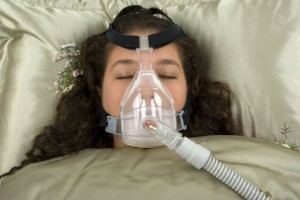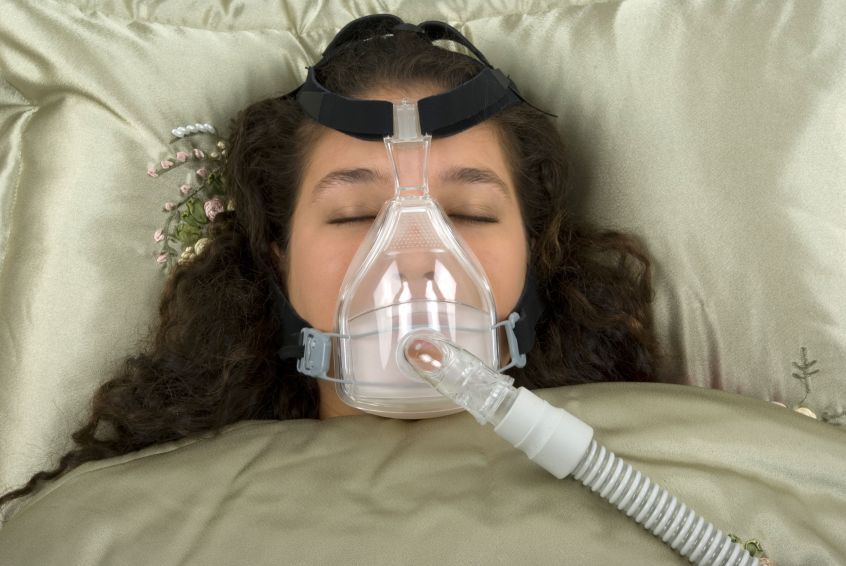There could be an additional benefit–besides getting better sleep–when you get your sleep apnea treated. According to a recent study, getting your sleep apnea treated with continuous positive airway pressure (CPAP) could also help lower blood pressure if you have hypertension.
Obstructive sleep apnea (OSA) is a dangerous, chronic sleep disorder that is characterized by pauses in breathing during sleep, leading to disrupted sleep and daytime drowsiness. It has been linked to increased risk of stroke, heart attack and early death. Hypertension is considered a risk factor OSA.
Spanish researchers found that for people with both OSA and hypertension, receiving CPAP treatment for 12 weeks resulted in decreased blood pressure levels, compared with those who didn’t receive CPAP.
The study, published in the Journal of the American Medical Association, included data from 194 people across 24 teaching hospitals with both hypertension and OSA. All of the participants in the study had resistant hypertension, meaning they needed at least 3 medications to control their high blood pressure.
Half of the participants received CPAP for 12 weeks, while the other half only took their typical blood pressure medications. Those in the CPAP group experienced a greater drop in average blood pressure and diastolic blood pressure than those who did not receive CPAP; they also experienced nocturnal blood pressure benefits.
Given that many people with resistant hypertension also experience OSA, the findings could be beneficial for scores of people around the world.
Unfortunately, sleep apnea commonly goes un-diagnosed as doctors don’t regularly screen for it, and the signs can be easily overlooked. Don’t hesitate to consult with a licensed physician or sleep specialist if you suspect that you have any of these signs of sleep apnea.



No comments yet.